Being an environmentally responsible business is more than just coming up with a few feel-good statements incorporating the words eco-friendly or green.
IT IS ABOUT MAKING SIGNIFICANT INVESTMENTS, BOTH IN TERMS OF TIME AND MONEY, IN PRACTICAL POSITIVE CHANGES THAT WILL MAKE A VISIBLE AND QUANTIFIABLE DIFFERENCE.
Below we outline what we have already done, what we are planning to do and what we hope to eventually achieve. This is a process of evolution, so we will be updating this information as we progress.
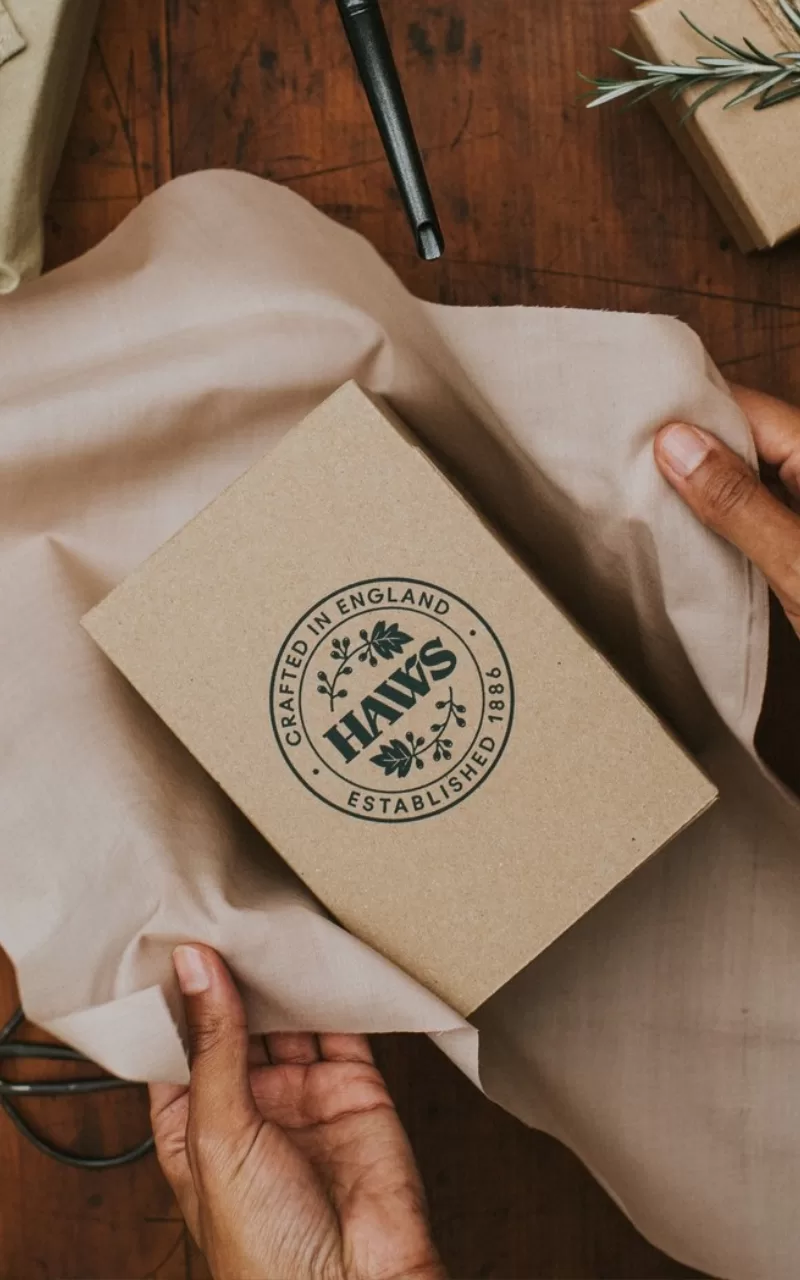
PRODUCTS
Maximising sustainability is at the very heart of the British Emporium ethos. Some 75% of retail business emissions come from the products they sell. Our core aims are to:
- Source products from within Great Britain, avoiding long distance transport by air and sea.
- Buy products that are made well from quality materials, that will therefore last longer.
- By buying from suppliers in Great Britain we can be more confident that waste from the manufacturing process is being properly managed.
- Avoid single use plastic products.
- Source products made from natural materials wherever possible.
- Where products come in plastic packaging, ensure they are made from recycled materials and recyclable.
- Ensure that products are supplied in recycled and recyclable materials and avoid plastics wherever possible; the ultimate goal being for all packaging to be compostable.
- Encourage our suppliers to adopt the best sustainability practices, offering practical advice and assistance where we can.
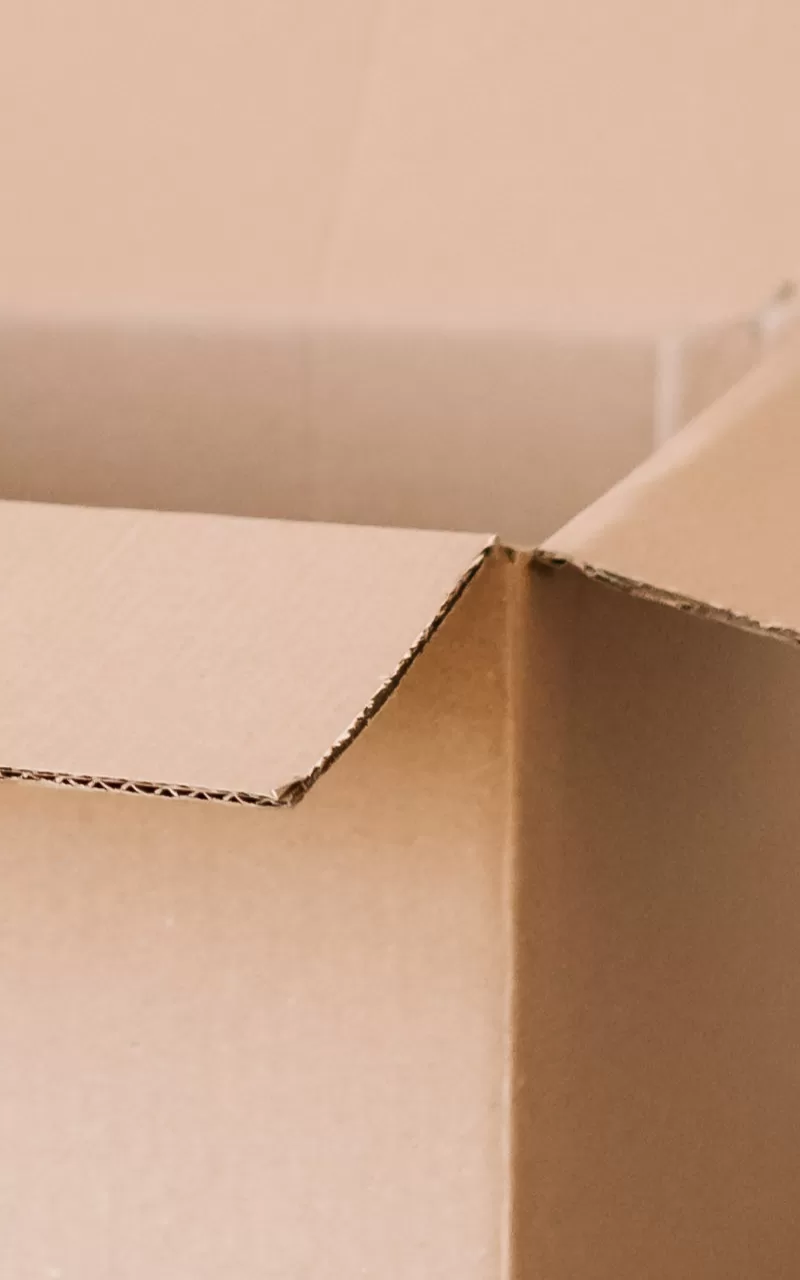
WASTE
The best way to deal with waste is not to create it in the first place! So reuse is a theme in our waste management policy.
- Almost all our office furniture is bought second-hand and/or refurbished.
- Wherever possible, supplier packaging material is reused when we send customer orders.
- We use highly efficient air blade hand dryers to reduce paper towel waste.
- All paper, cardboard and plastic waste is collected and separated to be recycled.
- Where shopfitting’s cannot be reused or sold, they are stripped down so that all metal and wood can be recycled.
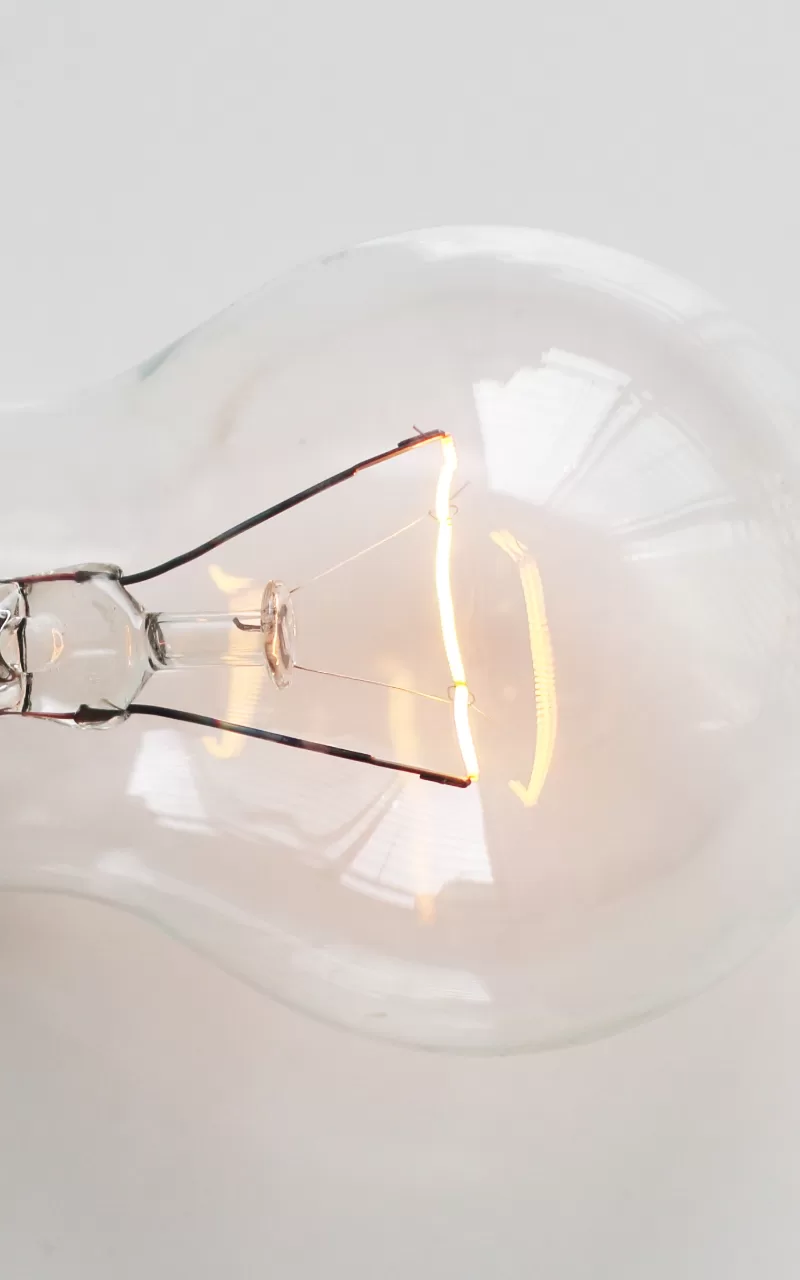
ENERGY
The greenest energy is the energy we do not use! Making our premises more energy efficient is our priority as it will reduce consumption and our carbon footprint. We are currently analysing our energy consumption to calculate our carbon footprint, which is complex!
- Our office electricity supply is partially provided by solar cells installed on the roof.
- We are investigating renewables for our retail and warehouse premises, either by installing solar cells and/or heat pumps on-site or moving to electricity suppliers generating from renewables.
- Where practical and planning regulations allow we are replacing end-of-life single glazed windows with timber framed double glazing.
- Our offices are already highly insulated, but we will always be looking at ways to improve.
- We are currently reviewing our retail and warehouse premises to see how insulation can be installed. The age of our Bakewell store presents particular challenges.
- When outside temperatures are such that we are using air-conditioning to heat or cool our retail stores they operate a closed-door policy.
- In our Bakewell store we inherited an extremely old gas boiler which we have replaced with more efficient electric heaters.
- At our other premises we will move away from oil fired heating boilers as soon as practicable.
- All boilers and air-conditioning are serviced regularly to ensure efficient operation.
- Our offices are equipped with LED lighting and the lights in communal areas and toilets are on timers or fitted with movement detectors.
- We have replaced all the fluorescent lights in our warehouse with LED battens which are 80% more efficient.
- In our Bakewell retail store we installed LED lighting on the shopfloor and in all back of house areas.
A Carnegie Mellon University study concluded that the energy cost of data transfer and storage is about 7 kWh per gigabyte. An assessment at a conference of the American Council for an Energy-Efficient Economy reached a lower number: 3.1 kWh per gigabyte. Both these figures are far higher than using a PC hard disk, which requires about 0.000005 kWh per gigabyte. It is therefore our policy to:
- Only store data that needs to be shared between our staff on the Cloud.
- Regularly review data stored on the cloud and delete any files that are no longer needed.
- Archive infrequently used data on hard drives.
- Pay particular attention to graphic images and photographs which are typically the largest files.
- Our computers and printers are set to go into sleep mode when not in use for a while.
- Where possible, all office equipment is switched off at night.
- When appliances such as fridges, kettles and vacuum cleaners reach the end of their life they will be recycled and replaced by more energy efficient equipment.
- We have started to install air blade hand dryers in all our staff toilets. These use less energy than traditional hot air dryers or paper towels.
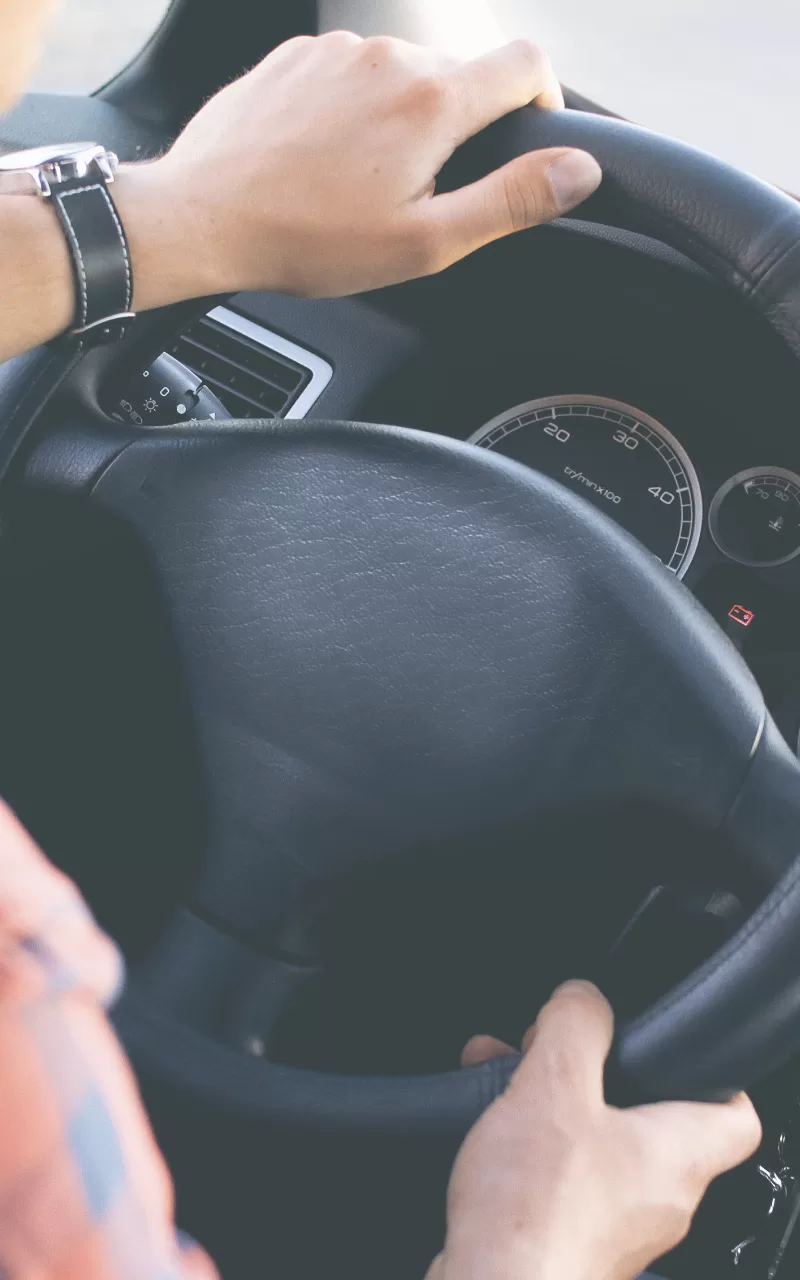
TRANSPORT
Transport accounts for around 30% of global carbon emissions, and 72% of these emissions come from road transportation. We minimise our vehicle journeys, by:
- Meeting multiple suppliers at trade shows.
- Taking public transport where available and practical.
- Using video conferencing to communicate with suppliers and staff.
- Using carriers to transport goods between our premises when the volume does not justify using our own vehicles.
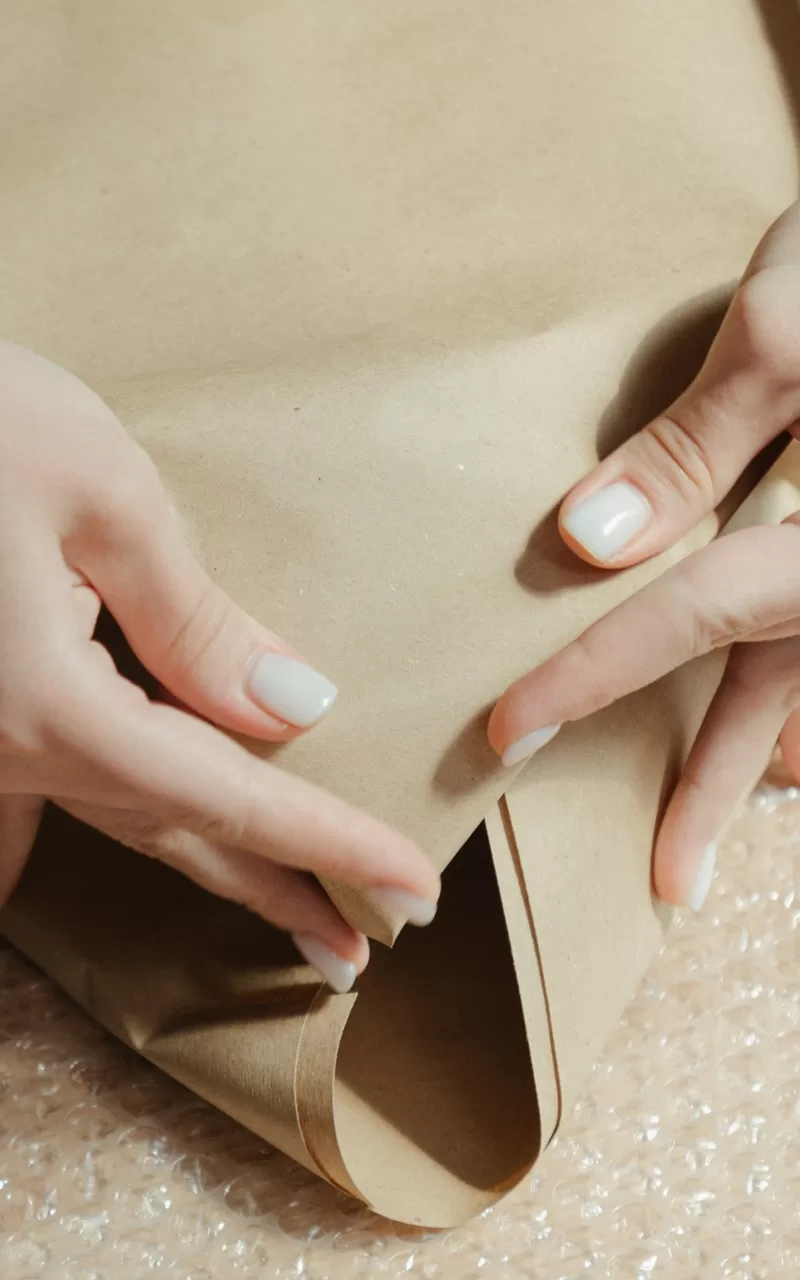
Packaging & Print
Wherever possible we source all our packaging and printed items from British manufacturers.
- All our printed material: corporate stationery, business cards, product swing tickets and labels use paper sustainably made in Great Britain.
- Our box tape is made of paper.
- All the printing inks we use are vegetable based.
- We use paper materials rather than plastic bubble wrap to pack customer orders.
- Our goal is to make all our packaging materials compostable.
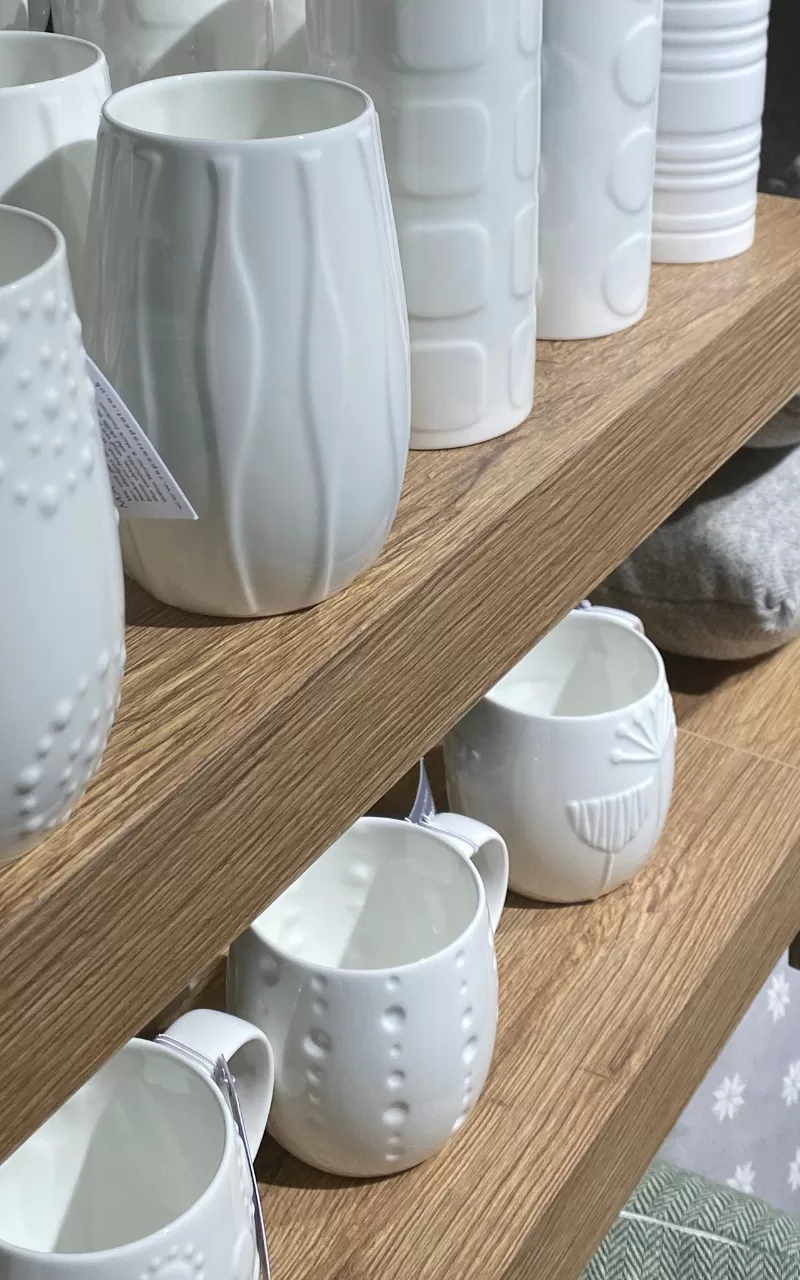
Shop Fittings
We are constantly looking for ways to make our shop fittings more sustainable. Many off-the-shelf retail fittings are made in plastic, so we are designing our own and having them made for us. This is an on-going process and will take some time to complete.
- We have designed custom greeting card shelving units in durable powder coated steel rather than acrylic which is a plastic and can quickly get scratched or broken.
- Our product information holders have been custom made to our design using wood and metal.
- We will always strive to use paints that are low in VOC (Volatile Organic Compounds).
- Our eventual goal is to use only natural materials in our shop-fits.
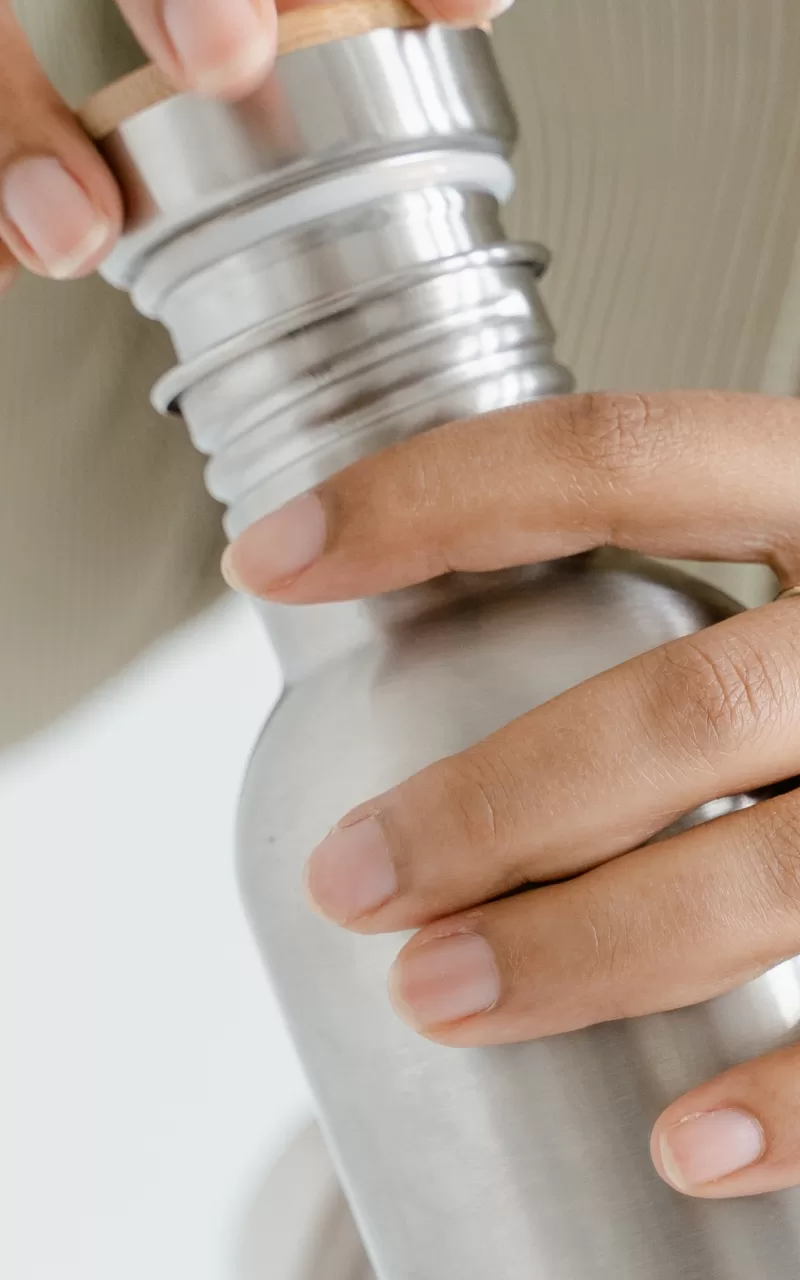
People
By sharing our sustainability policies, achievements and ambitions with our staff, it is our hope that they will join us on our journey. Just a few of the ways we can work with our staff to help make our environmental ambitions a reality are:
- Encourage bringing reusable drinks containers to work rather than single use plastic bottles.
- Offer significant discounts on what we sell to our staff, to encourage the purchase of more sustainably produced products.
- Encourage car-sharing where possible.
- We operate a staff cycle-to-work scheme to assist in the purchase of bicycles.
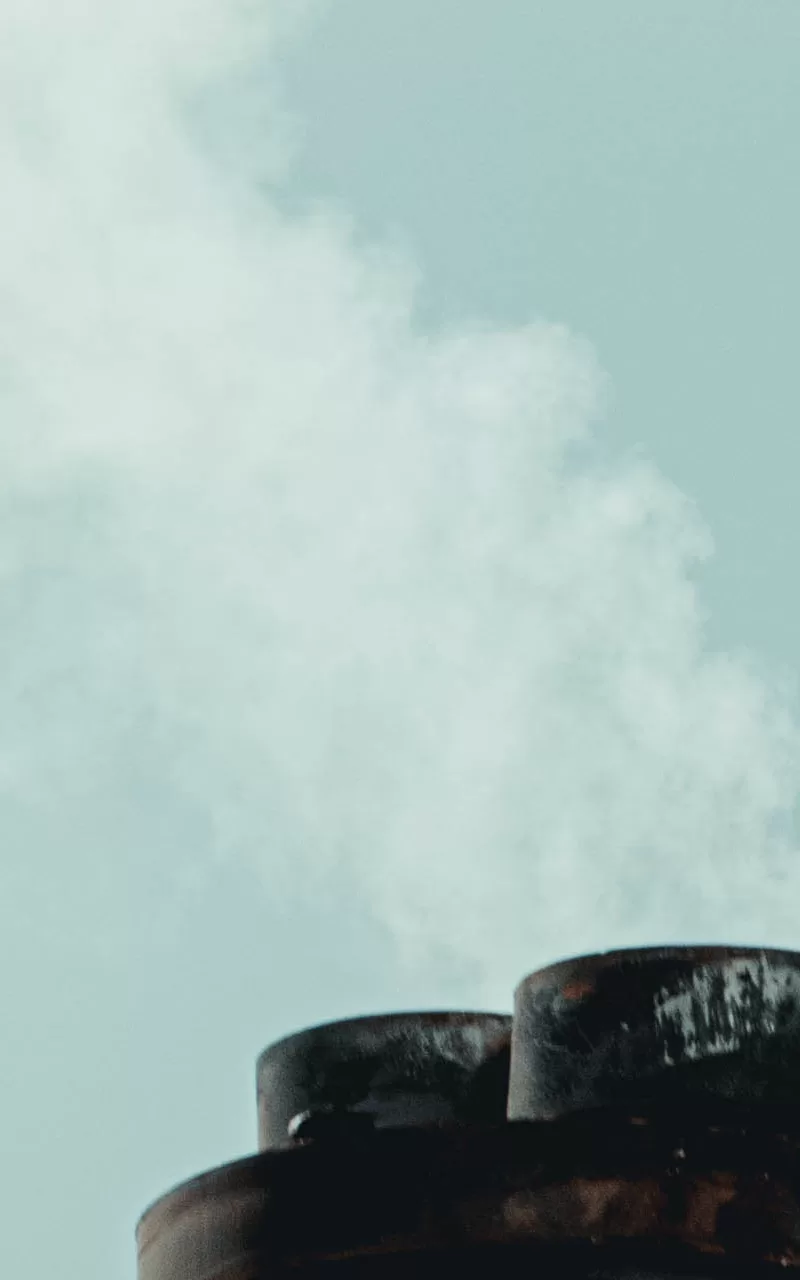
Indirect Emissions
Other than our product suppliers there are many other companies we deal with in our business activities: banks, insurance companies, surveyors, store designers, printers, media publications, graphic design studios, telecoms, and IT services – to name just a few.
In time we will make all these companies aware of our sustainability goals and choose to work with those that exercise best-practice in their industry.
